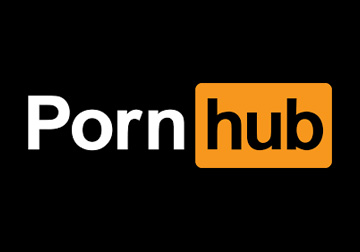
Indiana's age verification law for adult online content takes effect July 1
Contributed By: Joe Ulery, Newsservice.org
New law – Protection for minors or privacy invasion?
A controversial new law is set to take effect next week, requiring Hoosiers to upload sensitive documents, including driver's licenses and Social Security numbers, to access adult content online. The measure aims to prevent minors from viewing explicit materials, but it has sparked significant concerns.
Chris Daley, executive director of the ACLU of Indiana, argues the law infringes on constitutional rights by excessively burdening access for Hoosiers.
"You can't do that in a way that impermissibly burdens an adult's access to the same material. And the state can't use a means to limit a minor's access to adult material if there's a less burdensome means available to do so," Daley said.
Indiana Attorney General Todd Rokita supports the law, citing the need to protect children from the psychological impacts of explicit material.
Senate Bill 17 requires those website operators to, beginning July 1, have a "reasonable age verification method" to prevent minors from viewing their site. Acceptable methods include using a mobile identification credential issued by the Bureau of Motor Vehicles, an independent third-party age verification service, or "any commercially reasonable method that relies on public or private transactional data."
The bill also authorizes the attorney general or the parent of a child who has gotten past age verification to sue these providers.
The bill sailed through both chambers of the General Assembly with bipartisan support.
Opponents question the effectiveness of the measure, pointing out that minors could still access adult content through unregulated sites or by using VPNs.
The law also raises concerns about potential censorship of sex education and LGBTQ+ content. Sen. Liz Brown, D-Fort Wayne, chaired the Senate Judiciary Committee when the law made its way through the Statehouse in the 2024 session. She suggests porn sites find it easier to adapt than comply - recently cutting its feed in states such as Louisiana, Mississippi and Utah.
"This isn't about eliminating pornography from the state of Indiana - although I would be OK with this," Brown said. "Pornhub – and I can't speak for that business – but they decided that their business model was easier, which would indicate to me that they knew at the time they were operating that they were having minors access their material."
Pornhub and other operators are seeking to block the law, arguing it impinges on adults' free speech and other constitutional rights.
Story Posted:06/27/2024
|